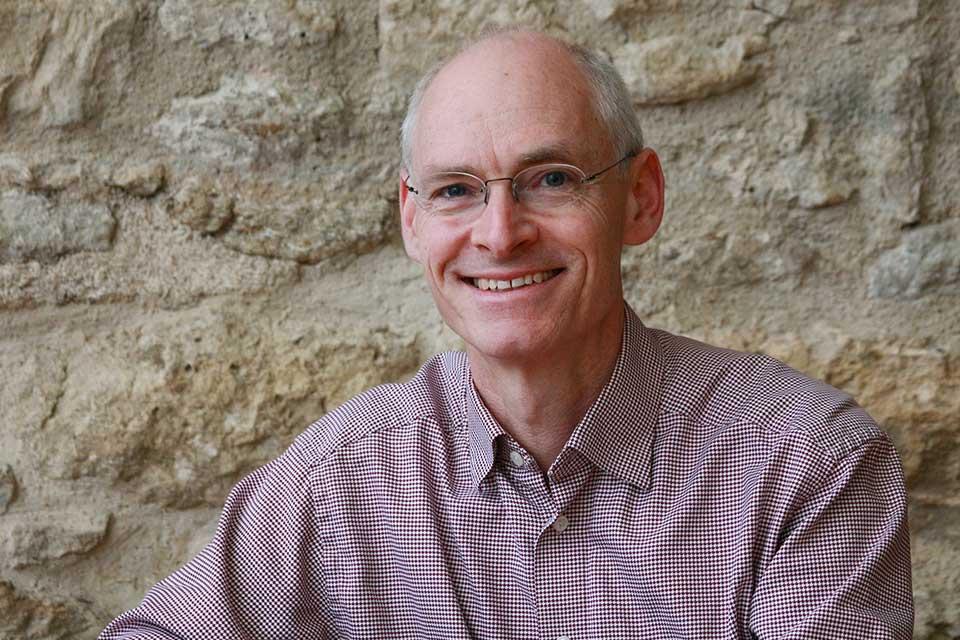Professor Michael Johnston has been awarded the Max Born Medal and Prize 2025 by the Deutsche Physikalische Gesellschaft (DPG) and Institute of Physics (IOP) for his pioneering research on nanoscale semiconductors and devices across the electromagnetic spectrum.
Professor Johnston is internationally recognised for his pioneering studies of electron dynamics in semiconductor nanostructures and inventing novel optoelectronic devices from the visible to the terahertz frequency range. His research encompasses a combination of experiment design, modelling and insight, harnessing fundamental charge processes in semiconductors for new concepts in semiconductor device physics. He has created new experimental methods to probe charge-carrier dynamics in semiconductor nanostructures, thereby developing critical understanding of their electronic processes. Based on this knowledge, he designed and realised a broad range of novel nanoscale semiconductor devices, which has seeded the emergence of new fields, including single-nanowire-THz detection and THz polarimetry. In addition, Professor Johnston has developed novel vapour-deposition methods to deposit metal-halide-perovskite semiconductors for solar cells, which was key to the creation of the first efficient thin-film (planar heterojunction) perovskite solar cell.
The Max Born Medal and Prize is an international bilateral medal and prize and is jointly awarded by the IOP and DPG to physicists based in Germany and in the UK/Ireland in alternate years.
‘I am really delighted to receive this award particularly as Max Born was the inspirational German-British physicist who developed the foundations of my own fields of research,’ comments Professor Johnston. ‘Experimental physics is very much a team effort, and this award reflects the work of many – all of my fantastic research team and collaborators over the past two decades, including members of the Clarendon Laboratory Mechanical Workshop and technical services at Oxford’s Department of Physics who play a key role in realising the instruments that allow us to push the boundaries of science.’
‘Michael is a world-leading physicist and much-valued colleague,’ comments Professor Andrew Boothroyd, Head of Department. ‘This award is richly deserved – he is an authority in his field and his research is essential in the development of next-generation materials.’

